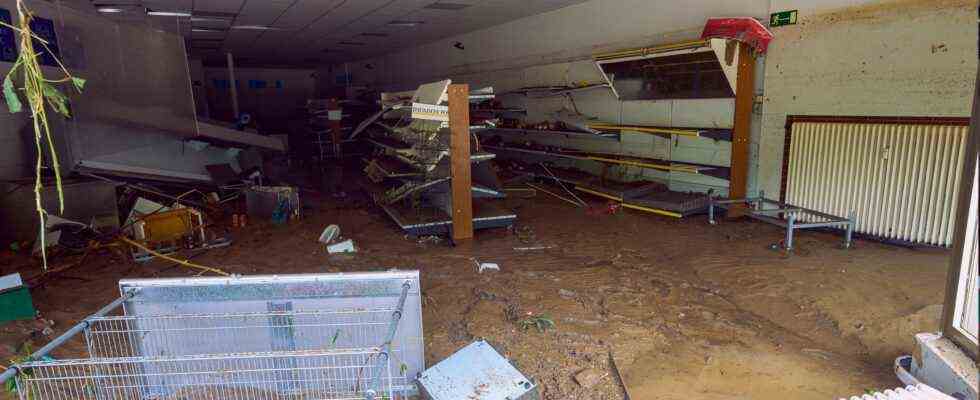FAQ
Status: 07/15/2021 2:11 p.m.
Collapsed houses, full basements, damaged vehicles – which insurance can help in the event of damage? All important questions about protection against floods at a glance.
By Claudia Kornmeier and Alessa Böttcher,
ARD legal editors
What insurance pays in the event of flood damage?
A special supplementary insurance is required for financial protection against damage caused by floods and heavy rain – a so-called elementary damage insurance. It can be taken out in combination with a residential building or household contents insurance, which taken alone usually only covers storm and hail damage.
Homeowners insurance helps in the event of damage to the house – so it is relevant for owners. Household contents insurance, on the other hand, covers damage to movable property – furniture, carpets or technical equipment and can therefore also help tenants. It is important to note that such insurance against natural hazards does not help if groundwater penetrates the masonry from below. The water has to come from above. In individual cases, this can lead to difficulties in providing evidence. In case of doubt, an expert must be called in. Partial and fully comprehensive insurance can also help in the event of damage to vehicles.
How many people have such insurance?
Across Germany, according to the consumer advice centers, only around 45 percent of all private houses are insured against damage caused by flooding. However, there are major regional differences. In the currently heavily affected state of Rhineland-Palatinate, the figure is only around 35 percent. In contrast, 94 percent in neighboring Baden-Württemberg. North Rhine-Westphalia is roughly in the federal section. The problem is also: Owners whose houses are in flood risk areas or have already been affected by flooding often find it difficult to get insurance against natural hazards. Or they have to pay a lot for it.
How are commercial and industrial buildings secured?
The insurance contracts are designed more individually. Companies are free to choose which natural hazards they want to insure against. The scope of the insurance – buildings, supplies, machines – can also be selected individually.
What do those affected have to pay attention to now?
Those affected should now quickly document damage, for example take photos or film – so that there are no problems of proof later. The consumer advice centers even advise that basements, for example, be photographed regularly in order to have comparative images. Ideally, those affected should also inform the insurance company and report any damage on the same day. This can make it easier to process the claim later. It is also important to take a look at your own contract. The insurance conditions can indeed differ.
At the same time, one now has to make sure that the damage remains as low as possible. Those affected have a so-called damage mitigation obligation. This means that they have to pump out water, for example, as far as possible. Or bring household effects to a safe place. But you also have to make sure in advance that damage remains low in case of doubt. For example, not storing things in the basement directly on the floor. Damage caused by backflow – that is, when water gets into the house from drainage pipes – is also only insured, according to the consumer advice centers, if a “functional backflow protection” was installed.

